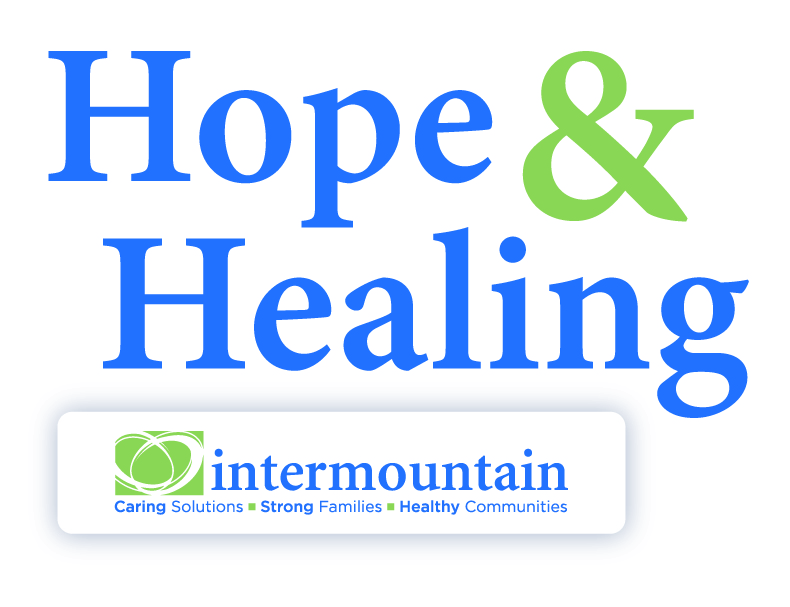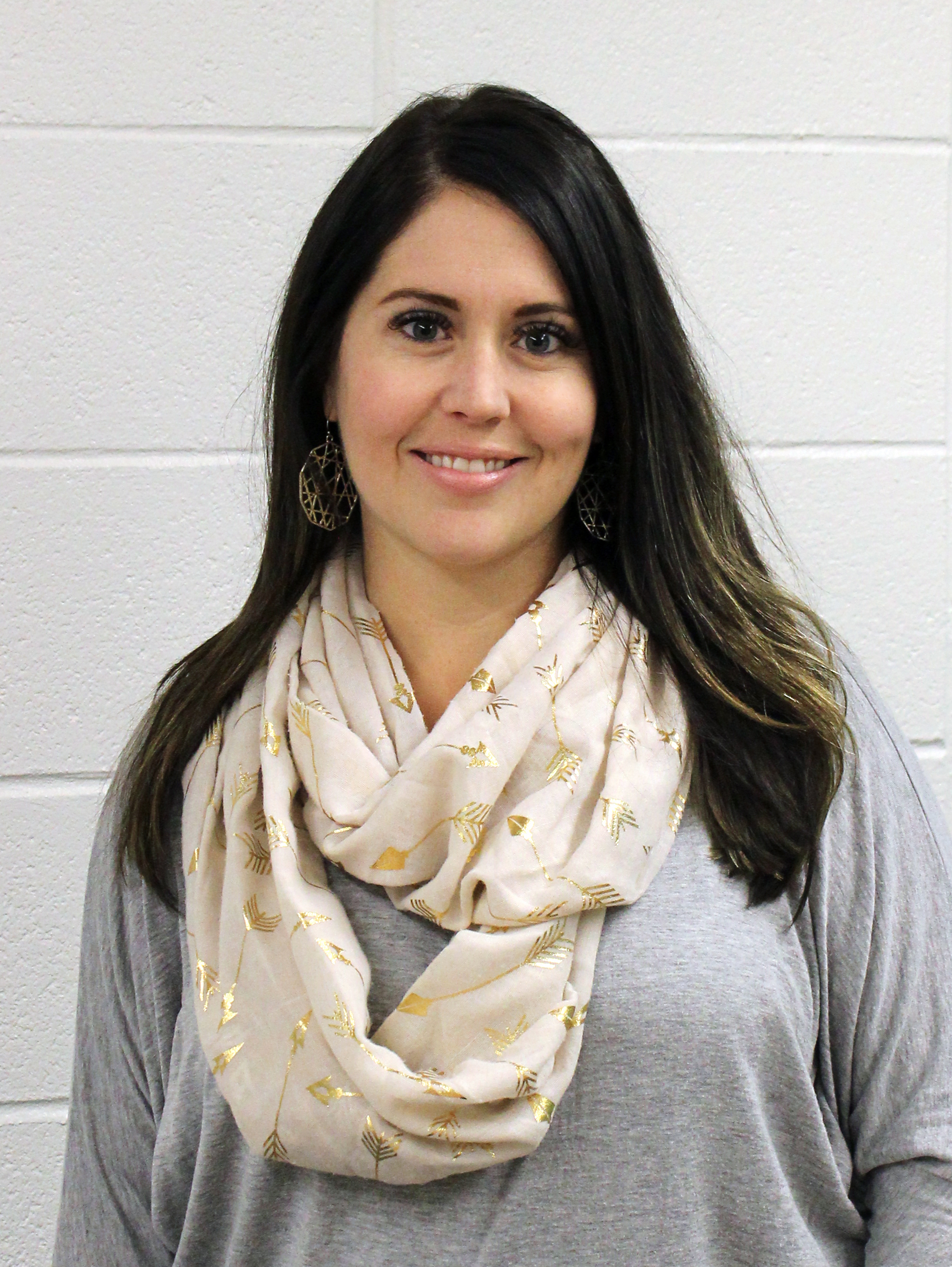By Katie Harlow, LCSW
Life often feels like a competition, and unfortunately so does parenting at times. How do you know if you are doing the right things when there are so many different opinions being thrown at you via our ever connected world every day? How do you respond when there is always a parent ready to let you know how they parent and why it is the only right way? How do you know if your family relationships are healthy? Is it ok to admit you might not know what to do?
The good news is that you don’t have to be perfect in order to be a good parent, or to have a healthy relationship with your child. In fact, research tells us that if we accurately respond to our child’s needs only 30% of the time, our child will have a healthy attachment to us- and have the foundation needed to build healthy relationships with others later in life. 30%! That’s beyond a failing grade in any other situation! You don’t have to be the perfect parent in order to have healthy family relationships. What a relief. Making mistakes is ok, and can even be healthy.
One of the best parts of parenting is that it is truly beneficial for your child’s development for you to not be perfect! We often expect so much from ourselves as parents, but when we take a step back and consider what we want for our children, do we hold the expectation of perfection for them? Or do we hope for things like healthy bodies, minds, and emotions? We are the most important role models for our children; they look to us each and every day to see what is expected of them and how to grow into the people that they will be. If we think in that context, do we want to model the ruthless expectation of perfection? Or do we want to demonstrate a little bit of grace and flexibility with ourselves, and in turn with our children?
When we are able to model healthy expectations of ourselves, and in turn hold balanced expectations for our children, we are able to continue to support their growth and development. In turn, as we model navigating through less than perfect interactions, we are also able to model skills that will be vital for our children to learn and practice as they grow. Through these experiences our children will have the opportunity learn to frustration tolerance, empathy, patience, and increased communication skills. If, for instance, you find yourself yelling at your child out of frustration when they forget their homework and you are all running late, it can be so easy to spend the rest of your day beating yourself up for losing your cool. Instead, what if you view that as an opportunity? You can spend the day feeling bad and then move on, or you can be intentional in repairing that rupture in your parent-child relationship. By acknowledging that you acted in a way that you should not have, naming the emotions you were experiencing at the time, apologizing, and identifying how you would like to handle that situation differently the next time, you are modeling the skill of repairing a relationship for your child. Knowing how to resolve conflicts and having the skills needed to initiate that process will be invaluable for your child as they grow and engage with the world around them.
If our children are given the opportunity to make mistakes while also learning the value of restoring a relationship after a conflict or mistake, you will have given them a strong foundation that will serve to build healthy, resilient adults.
Katie Harlow is Clinical Supervisor of School Based Services for Intermountain in Helena. Katie provides clinical leadership and oversight to teams of mental health professionals who provide therapeutic services in public school settings in the Helena area.
Cooper, Hoffman, & Powell. (2009). Circle of Security Parenting [Early Intervention Program for Parents & Children]. Spokane, WA.





